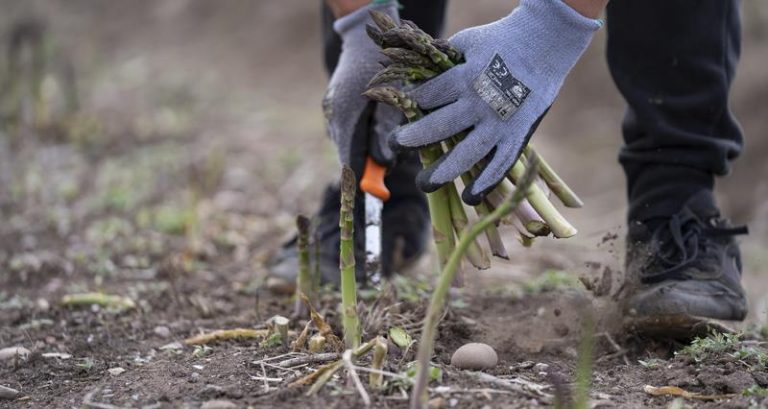Arco scoops Yorkshire Family Business of the Year Award
Survey shows major jobs boost for Yorkshire & the Humber manufacturers
A new report released today from Make UK, the manufacturers’ organisation, and accountancy and business advisory firm BDO LLP, shows that manufacturing remains vital to the success of the economy in Yorkshire & the Humber, with the sector accounting for more than 15% (15.4%) of the region’s output in 2022, substantially ahead of the national average of just under 10%.
This is a significant increase on the share of output from 2021 (14.6%) and is reflected in a major boost for manufacturing jobs across the region with employment having jumped from 278,000 in 2021 to 316,000 in 2022.
This has been largely driven by the Food and Drink sector which accounts for almost a fifth of manufacturing output in the region (16.2%) and has benefitted significantly from the re-opening of hospitality during 2022. This is followed by the manufacture of chemicals (15.4%) and Metal Products, largely steel, at 13.9%.
The region is also a strong export performer with its share of exports going to the EU (worth £11billion) remaining at 57%, well above the UK average of 52%. This makes Yorkshire & the Humber the second most dependent English region on the EU market, but leaves the region more exposed to new trading arrangements with the bloc than other English regions and devolved nations.
The next largest destination is North America, accounting for 17% of goods exports, closely followed by Asia & Oceania which accounts for 12% of goods exports.
Dawn Huntrod, Make UK director for the North, said: “Industry remains critical to the growth of the Yorkshire & Humber economy, providing high value, high skill jobs and aiding the process of levelling up.
“To build on this position we need a national industrial strategy which encompasses local growth strategies which fit with the priorities and strengths of the region including infrastructure, innovation and skills in particular.”
Steve Talbot, head of manufacturing at BDO in Yorkshire, added: “The manufacturing jobs growth we have seen in the region across the last year is testament to the resilience of the sector as a whole.
“Manufacturing companies across Yorkshire & the Humber have had to overcome the multiple challenges thrown up by Brexit, shortages in skilled labour, pandemic-related supply chain delays and the huge energy price rises we have seen following the Russian invasion of Ukraine.
“While everyone is hoping for some respite, the headwinds show no sign of abating. With high inflation and interest rates continuing to rise, manufacturers will need to remain alert, responsive and resilient in the face of any future geopolitical or economic shocks.”
Independent labour review urges action to help farmers get necessary workers
Centrica boss calls for reform of energy sector pricing
August’s alcoholic drink tax reforms will slash duty payable by pubs
University of Bradford signs as shirt sponsor with Bradford City
The University of Bradford is to be the back-of-shirt sponsor for Bradford City AFC for at least three seasons.












